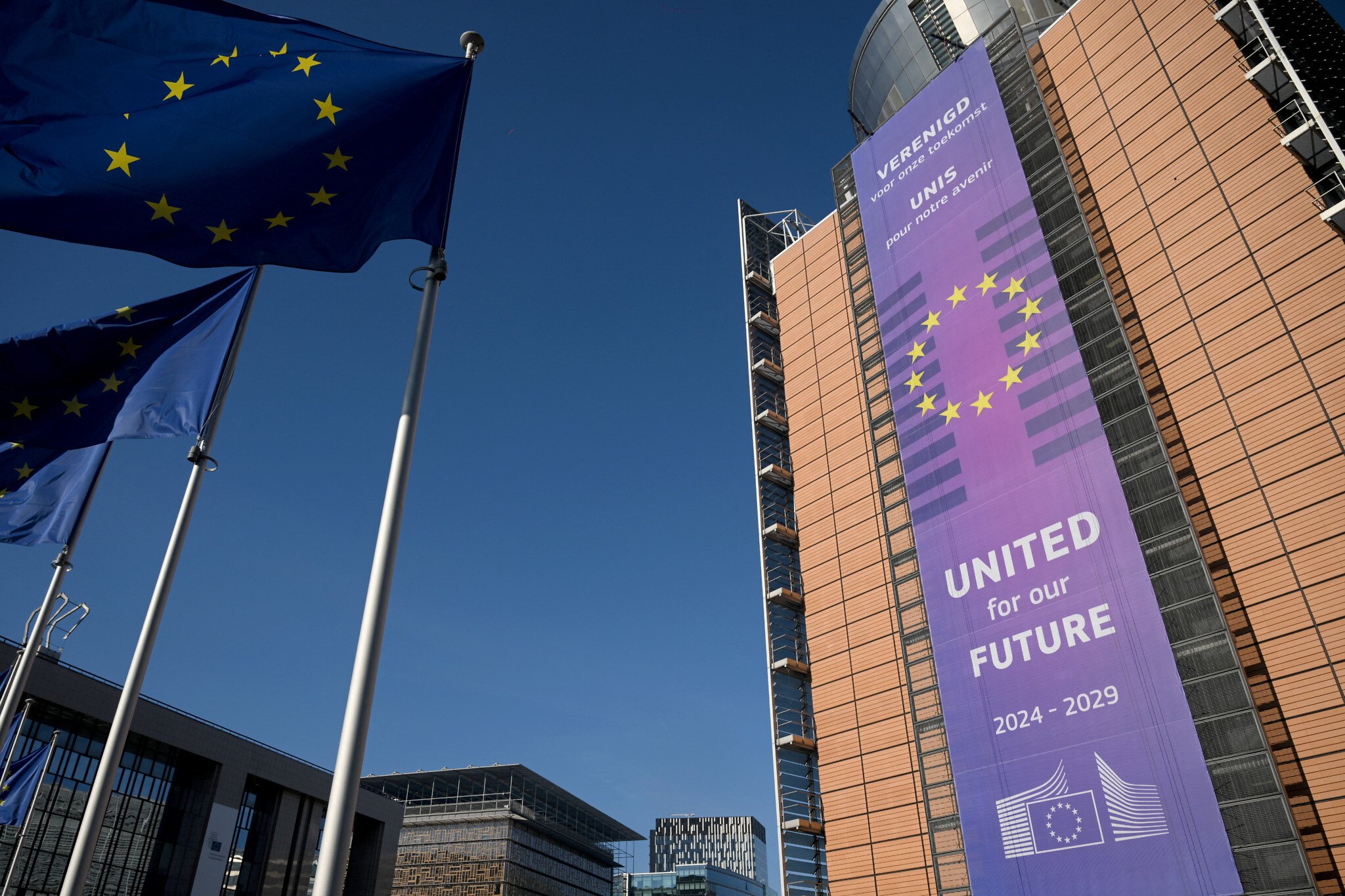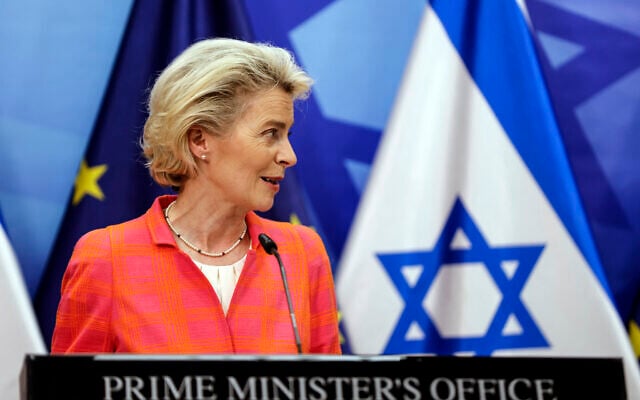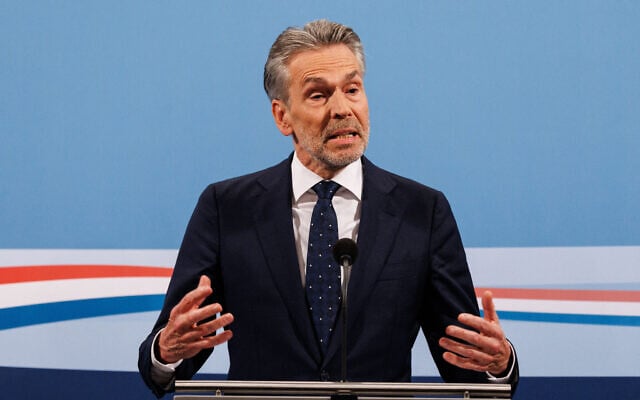



The European Union’s executive body on Monday recommended curbing Israeli access to its flagship Horizon research funding program, after calls from EU countries to increase pressure on Israel to alleviate the humanitarian crisis in Gaza.
Multiple EU countries said last week that Israel was not living up to its commitments under an agreement with the European Union on increasing aid supplies to Gaza and asked the Commission to put concrete options on the table.
The proposal to partially suspend Israel’s participation in the Horizon Europe program needs approval from a qualified majority of EU countries to take effect – at least 15 of the EU’s 27 members, representing at least 65 percent of its population.
The European Commission said in a statement that the proposal comes as a reaction to a review of Israel’s compliance with the human rights clause of an agreement governing its relations with the EU.
The bloc’s diplomatic service said in June that there were indications that Israel had breached its obligations under the terms of the pact.
“While Israel has announced a daily humanitarian pause in Gaza fighting and has met some of its commitments under the common understanding on humanitarian aid and access, the situation remains severe,” the Commission said on Monday. “The proposed suspension is a targeted and reversible action.”
Brussels said the proposal would impact Israel’s participation in the bloc’s European Innovation Council Accelerator, thus halting access to funding for Israeli start-ups involved in fields that include drone technology, cybersecurity, and artificial intelligence.
Last year, Israel was in the top three countries for the number of companies vying for funding, along with Germany and France.
It did not say how much funding would be affected by the proposed freeze.
Israel’s Foreign Ministry said in a post on the social media platform X on Monday that the Commission’s move was “mistaken, regrettable, and unjustified” and that it hoped EU member countries would not adopt the proposal.
Israel has been participating in the EU’s research programs since 1996, taking part in thousands of joint projects over the past decades.
Dutch Prime Minister Dick Schoof said on Monday evening that he had informed President Isaac Herzog that if the EU determines on Tuesday that Israel is not in compliance with humanitarian agreements with the bloc, then the Netherlands will back the suspension of Israel’s participation in Horizon.
“If that proves to be the case tomorrow in Brussels, the Netherlands will also press for further European measures, for example, in the realm of trade,” wrote Schoof on X, adding that there may be Dutch measures as well.
Herzog, in a rare move for Israel’s titular head of state, then took to X to dispute Schoof’s accounting of their call.
“Sorry Prime Minister, with all due respect — this tweet does not reflect the spirit and details of the call,” responded Herzog.
“Nor does it reflect my crystal clear position that it will be a HUGE mistake if EU takes such steps especially in light of Israel’s ongoing and upgraded humanitarian efforts,” he added.
The normally genteel Herzog also noted that Schoof did not mention Israeli hostages in Gaza or call for their release during their call, something which he said he was “especially saddened” by.
Earlier this month, EU foreign policy chief Kaja Kallas said Israel had agreed to expand humanitarian access to Gaza, including increasing the number of aid trucks, crossing points and routes to distribution hubs.
But in a tense meeting of European ambassadors in Brussels last week, countries including France, the Netherlands, and Spain said not enough was being done, according to diplomats.
The EU has already presented a list of options that the bloc could undertake to pressure Israel on Gaza, but has so far refrained from pursuing any of them.
Israel on Sunday announced a halt in military operations for 10 hours a day in parts of Gaza, as well as new corridors, to allow for the distribution of aid. Israel, Jordan and the United Arab Emirates have also airdropped supplies into the enclave. Spain said Monday it will airdrop 12 tons of aid into the Strip this week as well.
But officials and aid groups remain concerned and say much more needs to be done to alleviate the dire humanitarian situation in Gaza.
Gaza’s Hamas-run health ministry said Friday that at least 56 people died of causes related to malnutrition in the previous three weeks, including 22 children. That was up from 10 children who died from such causes during the five previous months, according to the agency.
Israeli authorities have denied claims of widespread famine in the enclave, but acknowledged issues with food access, blaming shortages on a lack of cooperation by the UN and other international organizations.


